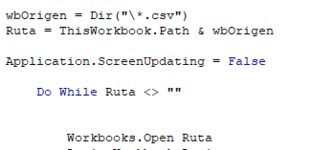Stephen_IV
Well-known Member
- Joined
- Mar 17, 2003
- Messages
- 1,168
- Office Version
- 365
- 2019
- Platform
- Windows
Good morning, I need some guidance on how to make a dictionary produce unique Items based on a key. Please see below:
This is what I am looking for:
| |||||||||||||||||||||||||||||||||||||||||||||||||||||||||||||||||||||||||||||||||||||||||||||||||||||||||||||||||||||||||||||||||||||||||||||||||||||||||||||||||||||||||||||||||||||||||||||||||||||||||||||||||||||||||||||||||||||||||||||||||||||||||||||||||||||||||||||||||||||||||||||||||||||||||||||||||






